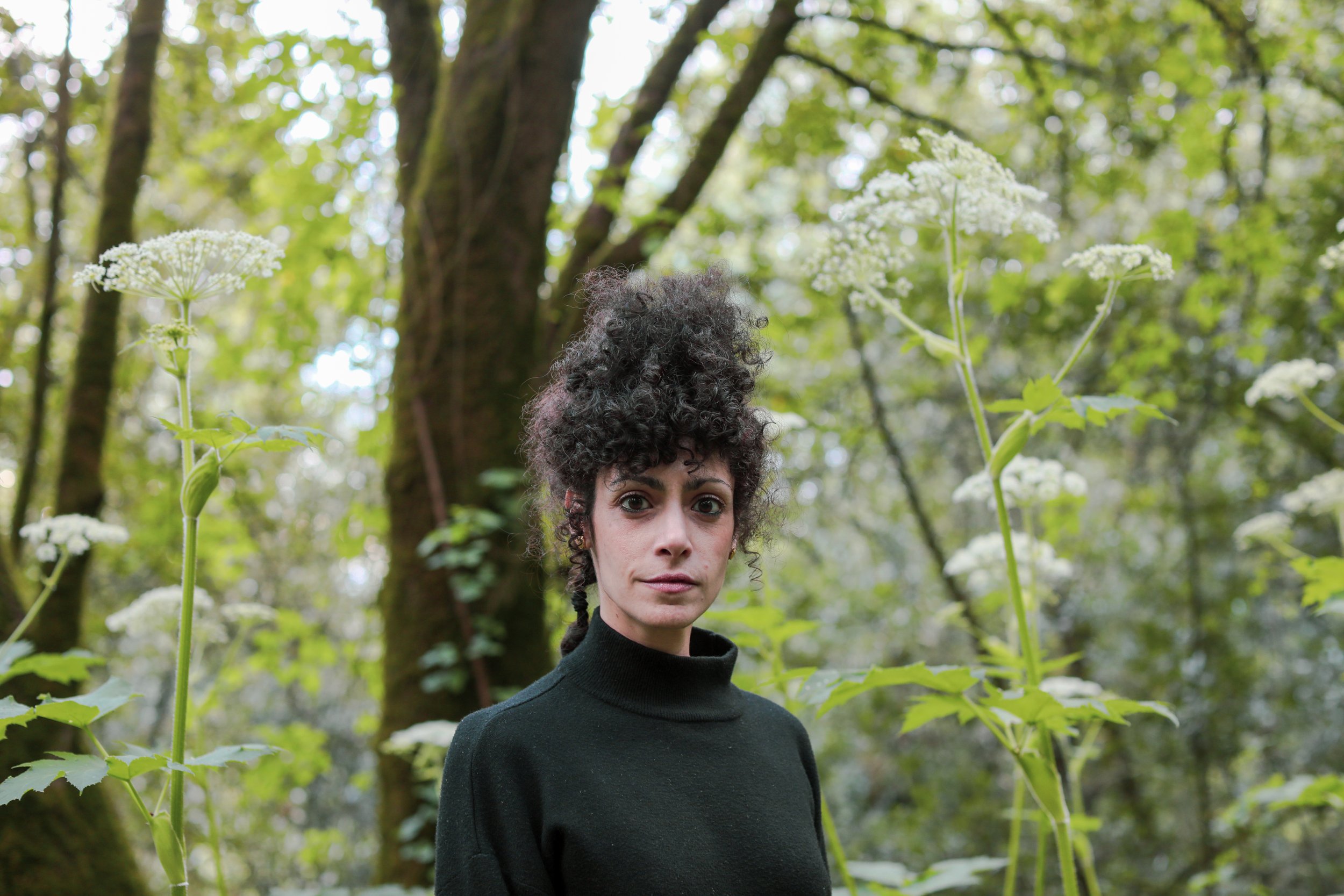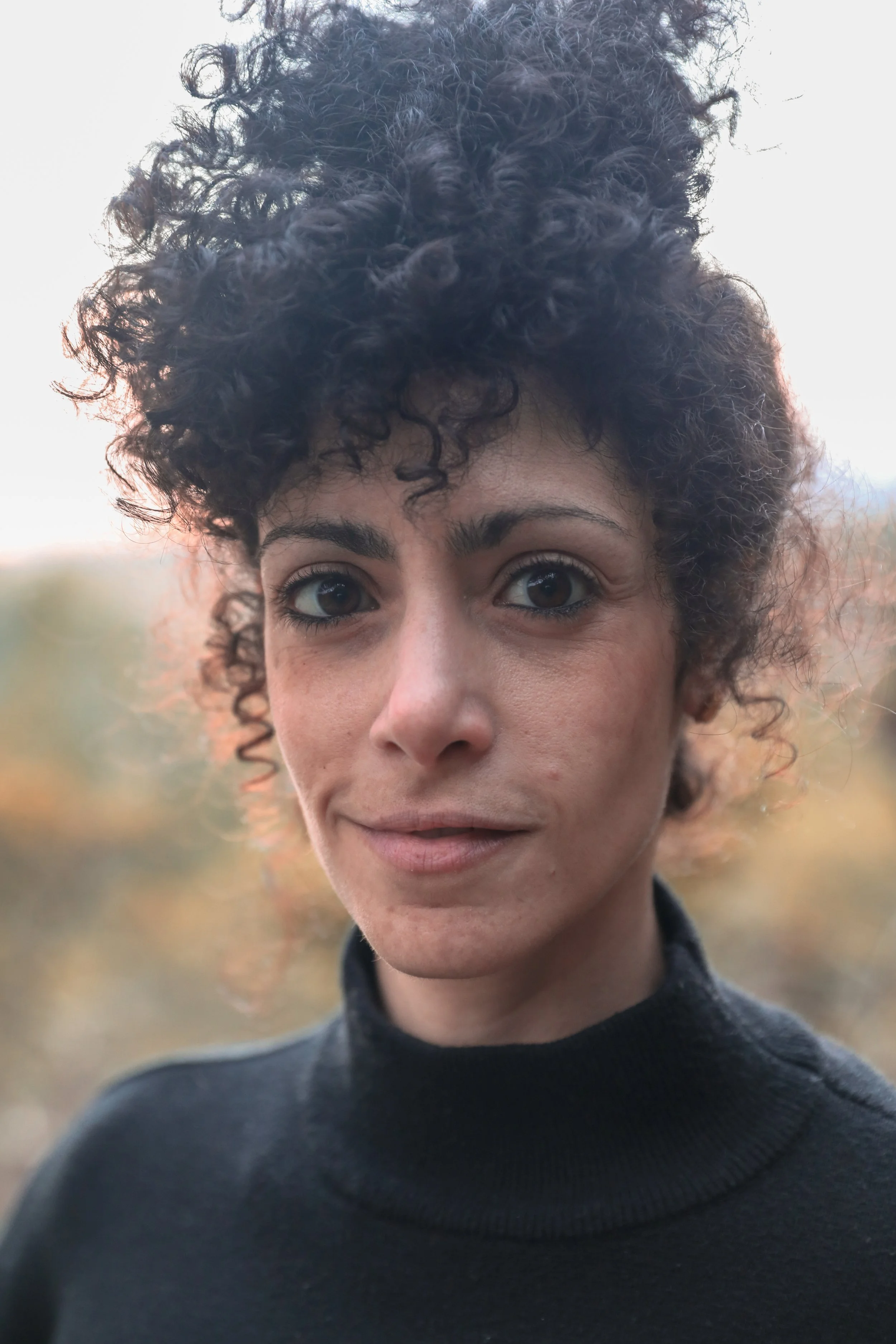Licensed Clinical Psychologist

Services
-
Adult Psychotherapy
Are you an adult seeking individual psychotherapy in the state of California? I’m available to work with adult individuals residing in California, in-person or via telehealth. My office is located in downtown Berkeley.
-
Clinical Consultation
Having another perspective can move along or deepen psychotherapy cases that are complicated, confusing, or difficult to conceptualize. I provide psychodynamically-oriented and multiculturally-sensitive clinical consultation to providers who want to think together about treatment relationships, particularly longterm cases involving complex trauma and/or neurodivergence.
-
Assessment Integration
Have you had a psychological assessment that confused you or significantly impacted your self-concept (the stories you tell yourself about yourself)? In two to four sessions, I can help you develop a deeper understanding of your assessment experience(s) and report findings. The goal of these sessions includes exploring and increasing understanding of the context of the assessment, what you were hoping to learn from the process, as well as the impacts of the assessment process, feedback, and recommendations. Together, we’ll collaborate to make meaning that integrates the information in support of your evolving self-concept. From there, we can identify next steps toward growth, which may include finding ways to implement some of the assessment recommendations.
-
Free Phone Consultation
Finding a psychologist with whom you feel a connection is a process. It may be a useful step toward deepening understanding of yourself and making the progress you wish to see in your life. Psychotherapy is a highly personal endeavor, one that takes time, effort, and resources. Co-creating a therapeutic relationship that feels like a good match is key. If my approach sounds like something that might be a good fit for you, I welcome you to contact me to schedule a time to speak by phone for 15 minutes to see if we’d like to go ahead and set up an initial session.
My Approach
My approach to psychotherapy is trauma-informed, depth-oriented, and neuroaffirming. My style is warm, curious, and nonjudgmental. Together, we will clarify your goals and work toward them. You may be navigating identity issues; suffering with intense and chronic sadness, anxiety, self-doubt, confusion, and/or stress; feeling stuck in one or more areas of your life; or seeking increased satisfaction in key relationships. Psychotherapy is a consistent time and place that is totally separate from the other parts of your life—a place where you can pause, think, and feel in the privacy of a professional relationship.
I begin psychotherapy with one to three sessions to understand what you hope to gain from the therapy experience and to arrive at a mutual understanding of the concerns that brought you to therapy. From there, we will work collaboratively to create a relationship that facilitates deeper understanding of yourself so you can expand your range of feelings, develop a sense of possibility about new ways of being, and clarify your goals about how to live more fully in the present. I work intensively with patients, meaning we meet at least once weekly until you reach your treatment goals.
A key feature of my therapy approach is that we will focus on how you see and feel seen by others. We will discover how your experiences of your earliest relationships show up in current relationships, including the therapy relationship. In our therapy work, we will talk about, discover, and experience what it feels like to be known by another. Does it feel new? Hard? Uncomfortable? Scary? Complicated? When, with whom, and under what circumstances—if ever—does it feel easy or safe? How does this change across contexts and over time?
Areas of specialization include:
Complex trauma, PTSD, C-PTSD, and complex grief
Human beings need a sense of basic safety and trust in order to grow—something many may not yet have consistently experienced. There are different ways you can grow and come to understand parts of your experience. Therapy is one way to integrate traumatic experiences and make meaning of them, so you can learn to trust your mind & body. Sometimes healing can’t be done alone. Psychotherapy is a place where you can begin to know and say the truth of what happened. The goal of recovery is to be relieved of the terror of the past so you can trust your ability to feel safe in the present.
Neurodivergence (autism, ADHD, social communication disorder, sensory processing disorder, giftedness, 2e, etc.)
Some things may come easily and others may take considerable effort. How do your differences impact your self-concept and your relationships with others? What messages have you received about your differences while navigating a neurotypically-oriented world? Were your differences chronically misunderstood, misinterpreted, and/or misdiagnosed? Were you blamed and/or accommodated?
Anxiety (social anxiety, performance anxiety, climate anxiety, etc.)
Depression
Identity Issues
Acculturative stress
Substance use
Attachment problems & relationship issues
About Me
Hello, I’m Dr. Grace Kiriakos, Psy.D., a licensed clinical psychologist in the state of California (PSY 31468). I work with a wide range of adult individuals in private practice. My other professional roles include supervising clinical psychology doctoral students at the Wright Institute, providing consultation and assessment services, as well as serving on the Education Committee of the Northern California Society for Psychoanalytic Psychotherapy (NCSPP).
I have 15 years of experience working with culturally, sexually, and gender diverse patients, 5 years of which focused on working with children and families on such issues as attachment and the impact of early adversity and trauma on biopsychosocial development. My specializations include complex trauma, neurodivergence, identity issues, attachment styles, relationship issues, life transitions, and substance use.
Currently, I work with adults who may be discovering aspects of identity—such as complex trauma, neurodivergence, and/or gender identity—later in life. Necessarily, I am curious about the ways in which intersectional identity, cultural contexts, and structural systems reciprocally inform the individual development and mental health of my patients.
Education and Training
Doctorate in Clinical Psychology (Psy.D.), Wright Institute, 2018
APA-accredited Predoctoral Internship, Ann Martin Center (2017 - 2018)
CAPIC-accredited Postdoctoral Fellowship, Child Haven Inc. (2018 - 2019)
Masters of Arts (M.A.), Experimental Psychology, City College of New York, 2013
Bachelor of Arts (B.A.), Studio Art, Oberlin College, 2006
Contact me
Arrange a Free 15-Minute Phone Consulatation
Finding a psychotherapist with whom you feel a connection is a challenging process and can be an important step toward deepening understanding of yourself and making the progress you wish to see in your own life. Psychotherapy is a highly personal endeavor, one that takes time, effort, and resources to find and step into. Co-creating a therapeutic relationship that feels like a good match is key to making therapeutic change. If my approach sounds like something that might be a fit for you at this time, I welcome you to contact me to schedule a time to speak by phone to see if we’d like to go ahead and set up an initial session.
gkiriakos@drgracekiriakos.com
(510) 619 - 0342
Office in Berkeley, CA
near Downtown Berkeley BART station

